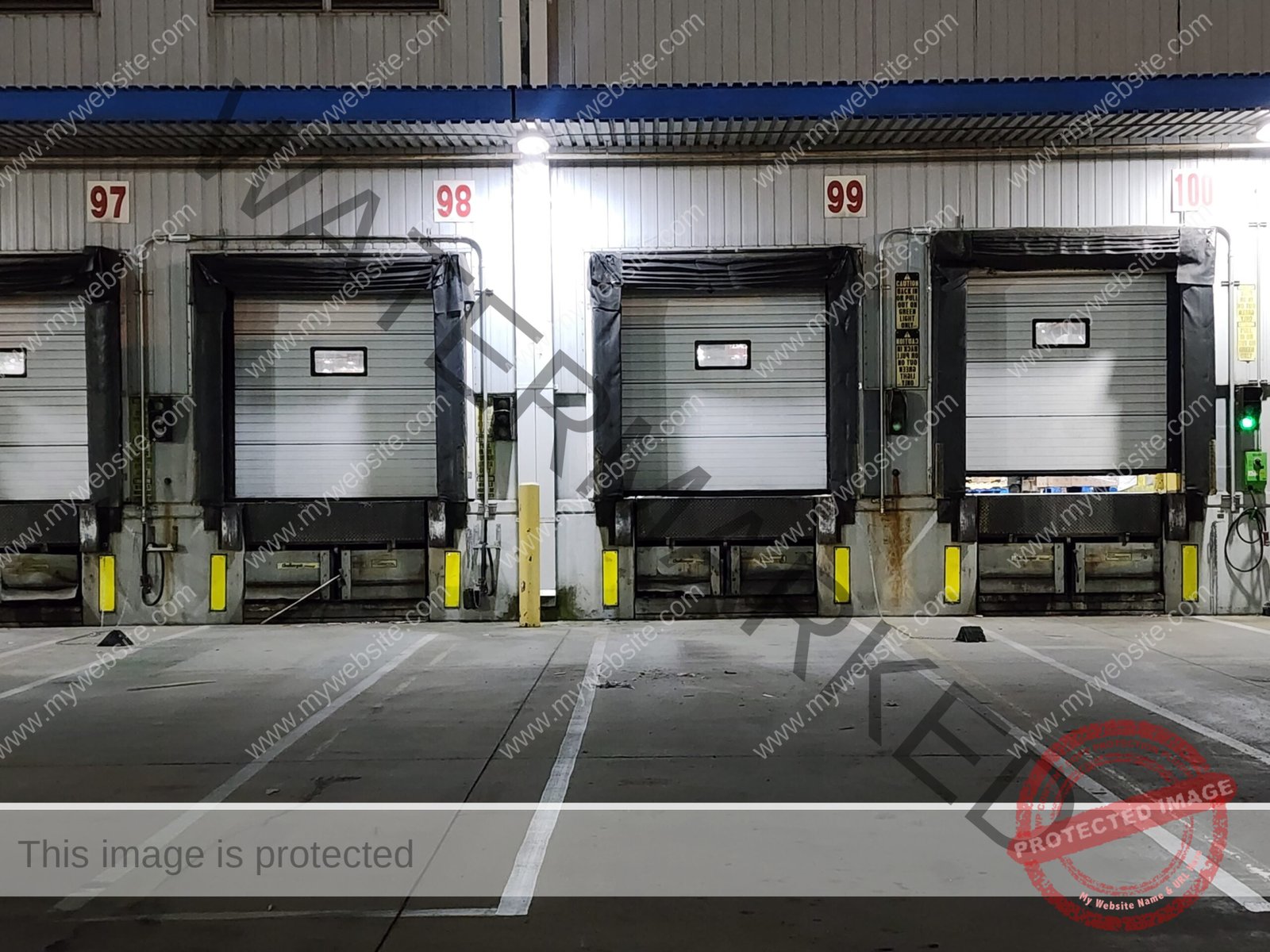
Distribution centers are essential for the supply chain, storing, sorting, and shipping products. Companies can strategically place distribution centers in key regions to reach target markets quickly and cheaply. Logistics companies own and run public warehouses, which offer simple access to major highways, ports, and airports. Major corporations own and run exclusive-use private warehouses that enable them to manage their supply chains and goods in accordance with their needs. Bonded warehouses store imported goods without customs fees, improving cash flow and reducing the financial burden. Climate-controlled warehouses protect perishable goods by maintaining specific temperatures and humidity. Smart warehouses use AI and robotics to modernize warehousing, improving inventory management, order fulfillment, and logistics. Smart warehouses maximize storage space and reduce human error, boosting productivity and customer satisfaction. Consolidated warehouses offer a centralized location for managing inventory from various suppliers or manufacturers, simplifying operations, and lowering costs. They combine small shipments for full truckloads that are destined for a similar geographical area.
Providing a centralized location for storing and managing goods, warehousing is vital for enhancing inventory control. It empowers businesses to effectively organize and monitor their inventory, ensuring accurate stock levels and minimizing the risk of product shortages or overstocking. In addition, warehousing facilitates effective order fulfillment and enables businesses to quickly respond to customer demands by having readily available inventory. By implementing proper inventory control practices via warehousing, businesses can boost their production and supply operations as well as their overall efficiency.
Warehousing is critical to promoting flexibility in the supply chain. It enables businesses to respond quickly to fluctuations in customer demand by providing a centralized location for storing goods. Warehouses allow businesses to stockpile inventory during peak periods and release it when needed, ensuring that products are readily available to meet customer demands. Furthermore, warehouses ensure effective order fulfillment by allowing for the consolidation and sorting of goods, resulting in more prompt and precise deliveries to customers.
Technology is critical in modern warehousing operations. Advanced warehouse management systems (WMS) simplify inventory tracking and improve accuracy by utilizing technologies such as barcode scanning, RFID tagging, and automated material handling equipment. These technologies provide real-time visibility into stock levels while also reducing human errors and enhancing overall operational efficiency. Furthermore, the integration of cloud-based platforms and data analytics provides improved demand forecasting, storage space optimization, and order fulfillment improvements. Businesses can meet their goals by leveraging technology in warehousing.



